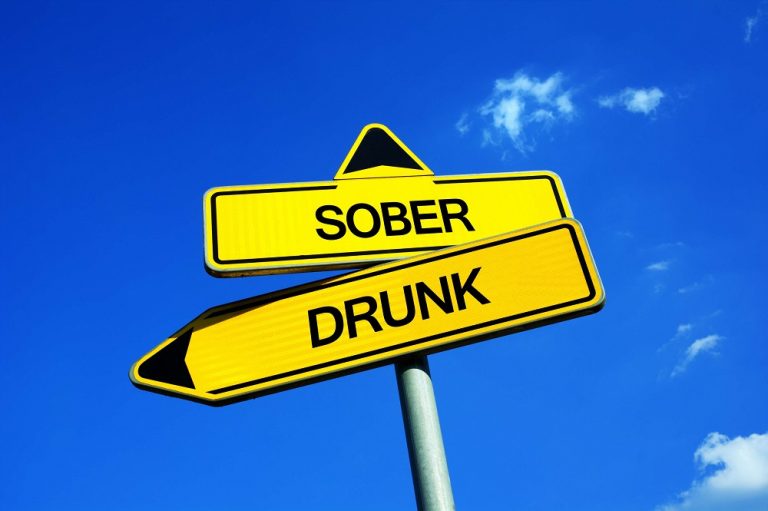This result became non‐significant after the exclusion of studies at high risk of bias (RR 1.27, 95% CI 0.96 to 1.68). There was no difference for other relevant outcomes such as the difference between baseline and final score, evaluated using interviewer‐rated scales (5 studies, 447 participants, SMD 0.15, 95% CI ‐0.12 to 0.42). Antidepressants were compared to placebo (22 studies), psychotherapy (two studies), other medications (four studies), or other antidepressants (five studies). Eighteen studies took place in the USA, 12 in Europe, two in Turkey, and one in Australia. The antidepressant included in most of the trials was sertraline; other medications were amitriptyline, citalopram, desipramine, doxepin, escitalopram, fluoxetine, fluvoxamine, imipramine, mianserin, mirtazepine, nefazodone, paroxetine, tianeptine, venlafaxine, and viloxazine.
- In some cases, alcohol use can trigger or worsen symptoms of depression in at-risk individuals.
- The most commonly used medications are selective serotonin reuptake inhibitors (SSRIs) and serotonin‐noradrenaline reuptake inhibitors (SNRIs) (O’Donnell 2011).
- All approaches can take place in both one-on-one settings and within a larger support group.
Data Analysis

Flensborg-Madsen et al. in a prospective study showed that the causal role of alcohol use disorders in major depression was stronger than the causal role of major depression in alcohol use disorder 16. Of those who drink alcohol excessively, about 50 percent suffer from depression. While sadness is a normal part of life, clinical, major depression is most definitely not. It causes distress, dysfunction, and, in the most severe cases, a potential for death. A 2019 study published in Frontiers in Psychiatry found that more than 40% of people with an alcohol use disorder also had a co-occurring depressive disorder.
References to other published versions of this review
(See Core article on neuroscience.) As described in the sections to follow, a timeline of your patient’s symptoms is a key tool for a differential diagnosis. Consenting participants aged 18 years and over were included in the study if they were alcohol-dependent with an AUDIT score of 15–40 (for males) and 13–40 for females. All aspects of detoxification and rehabilitation including medication, dosage and side effects, and right to withdraw at any time during study were explained after which does drinking make your depression worse consenting individuals signed a consent.
The Risks of Mixing Alcohol and Antidepressants
This helps explain why drinking alcohol increases the need for hospitalization. Mixing alcohol with Halfway house antidepressants can lead to several potential risks and complications. One of the primary concerns is the increased side effects of antidepressants. Alcohol can amplify common side effects such as drowsiness, dizziness, and impaired coordination, potentially leading to accidents or injuries. One study found that adults — especially young adults — reported considerably elevated rates of mental health conditions during 2020.

As shown in the schematic, AUD and other mental health disorders occur across a spectrum from lower to higher levels of severity. For patients in the middle, with up to a moderate level of severity of AUD or the psychiatric disorder or both, a decision to refer should be based on the level of comfort and clinical judgment of the provider. The prevalence of depression at intake before detoxification was 63.8% (120 participants). Three participants were referred for treatment of major depression within the period of the study. The objective of the study was to determine comorbid depression among 188 Alcohol Use Disorder Identification Test (AUDIT) 48 positive participants. The data is part of that collected in a six-month prospective study done to determine the cost-effectiveness of community-based and institution-based detoxification and rehabilitation of alcohol-dependent persons.
It is important to understand that while it can be helpful to know the different types of treatments available, what is most important is deciding to seek treatment in the first place. The ECT process has evolved significantly, and the current form is much gentler and more targeted than in the past. It operates similarly to TMS, except it uses brief electrical stimulation to parts of the brain while someone is under anesthesia. It is very effective, potentially even more effective than TMS for those with severe depression. CBT is a great option for overcoming depressive thoughts and developing new strategies for coping with depression outside of alcohol use.
Selective Serotonin Reuptake Inhibitors (SSRIS)
The interaction between alcohol and antidepressants is a complex and potentially dangerous one. While the specific risks can vary depending on the type of medication and individual factors, it’s generally advisable to avoid alcohol while undergoing treatment for depression. The potential consequences, ranging from reduced treatment efficacy to increased risk of accidents and self-harm, underscore the importance of taking this interaction seriously. People who are on antidepressants and are struggling with alcohol use disorder are at risk of stopping their medications so they can drink more. Sudden withdrawal from antidepressants can cause serious physical side effects, and in the worst of cases, it can cause seizures. People with depression who abuse alcohol are at high risk of suicide and self-harm.
- For people with depression who struggle with alcohol use disorder, it’s crucial that they receive integrated care both during and after treatment.
- Drinking to cope with depression, no matter if you have an alcohol use disorder, is concerning.
- There was no statistically significant association between depression and sociodemographic characteristics.
- Adverse experiences—such as childhood abuse, loss, neglect, or violence—leave lasting imprints on emotional regulation, attachment, and coping skills.
Atypical Antidepressant Side Effects
When a person takes an antidepressant, it is thought to alter activity in the reward center of the brain, increasing sensitivity of neurotransmitter responses. Someone with a low tolerance taking high doses of an antidepressant may pass out after one drink. It should also be noted that some speculate that you may have more of an interaction if your body is also not tolerant or adapted to your antidepressant medication. In other words, if you are new to a specific medication, some believe that the effects when combined with alcohol could be more severe.
